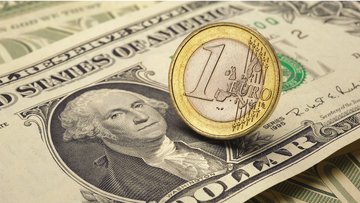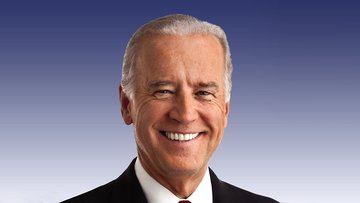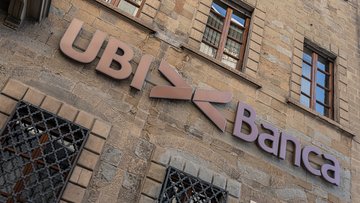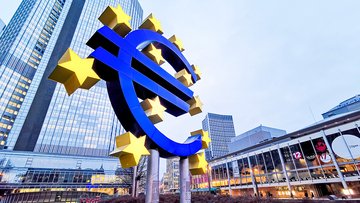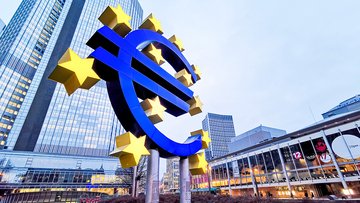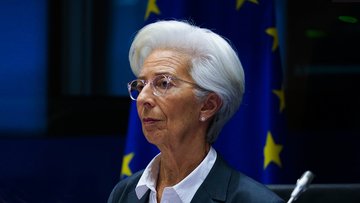The European Central Bank (ECB or Ecb in English, European Central Bank) is the central bank in charge of implementing monetary policy for the nineteen countries of the European Union that have joined the euro and which form the so-called Eurozone.
It was established on the basis of the Treaty on European Union and the statute of the European system of central banks and the European Central Bank on 1 June 1998. In 1999 the conversion rates of national currencies against the euro were irrevocably sanctioned.
The ECB can issue decisions and formulate non-binding recommendations and opinions. It must also be consulted by the other institutions of the Union for draft amendments to the Treaties affecting the monetary sector, as well as for any Union act concerning matters within its competence.
The monetary policy of the ECB applies to the following countries: Austria, Belgium, Cyprus, Estonia, Finland, France, Germany, Greece, Ireland, Italy, Latvia, Lithuania, Luxembourg, Malta, Netherlands, Portugal, Slovakia, Slovenia, Spain.
The current president of the ECB is the Italian Mario Draghi.



